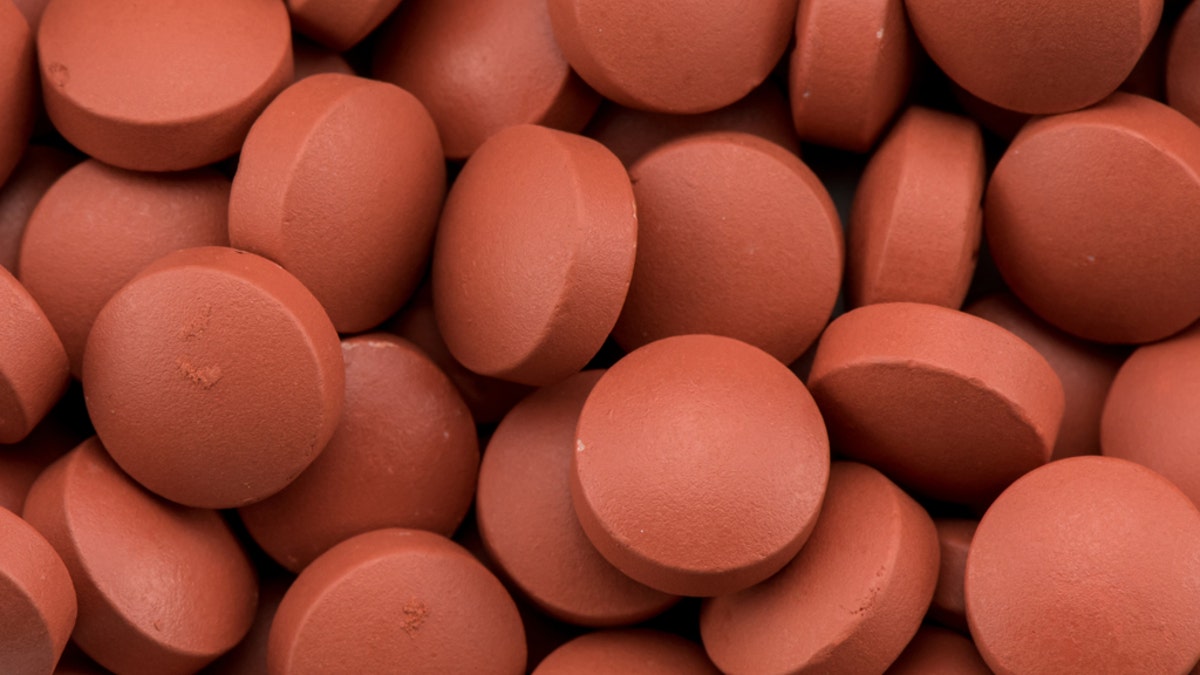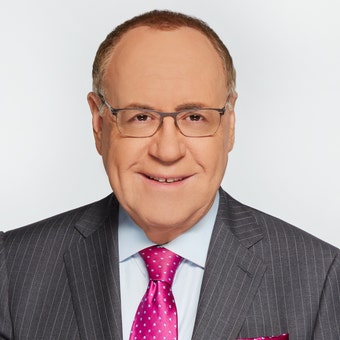Kids medication shortages hit nationwide as retailers limit purchases
Fox News medical contributor Dr. Marc Siegel says the Biden administration needs to work with manufacturers at home to solve the problem on 'Jesse Watters Primetime.'
Much of the buying and hoarding of acetaminophen and ibuprofen in the U.S. right now is due to fear. Fear that a young child will burn up with a fever that a parent can’t control. Fear that a cool sponge bath won’t be enough. Fear of disease and its unknown consequences in a tiny tot who you are trying to protect. We have been dealing with this kind of panic for almost three years now. Do you remember the runs on masks and toilet paper back in 2020?
Back then, the Trump administration helped by invoking the Defense Production Act and funded Kodak to produce basic supplies. And the $2.2 trillion CARES Act allowed for funding for cold and fever medications such as acetaminophen and ibuprofen to potentially be added to the national stockpile, but it never actually happened.
Defenders of the Biden administration's anemic response to the shortages of children’s Tylenol and ibuprofen claim that the problem isn’t a decreased supply, it’s an increased demand. But one would think that an administration that ordered 170 million doses of the bivalent COVID-19 boosters (less than a third of which have been used), would also make sure to shore up emergency supplies of the comfort medicines infants need when they are suddenly stuffed up and miserable.
PANDEMIC LEARNING LOSS COULD COST STUDENTS THOUSANDS IN INCOME OVER THEIR LIFETIME: STUDY
When the huge outbreak of influenza hit this fall, the anti-flu drug Tamiflu was released from the national stockpile, but where was the Tylenol? By some estimates, over 90% of our imported ibuprofen and over 70% of our imported acetaminophen come from China, as well as a large chunk of the active pharmaceutical ingredients for the drugs that are made here.

A shortage of ibuprofen pills is scaring parents. The US needs to manufacture its own essential medicines to address supply-chain issues.
Clearly, we need to manufacture our staple medicines here and not rely on other countries, especially one like China, which has been completely unreliable in terms of the supply chain. It also has experienced its own panicked hoarding of these same products following the imposed lockdowns which interfered with manufacturing.
CLICK HERE TO GET THE OPINION NEWSLETTER
Of course, one quick fix to the problem would be to decrease the panic, but that’s easier said than done. The public currently seems to be ignoring the fact that cases of RSV that imperil our very young have dropped significantly over the past few weeks and influenza cases are down too, though still heavy in most areas.
We are still not out of the woods with these viruses, especially with holiday gatherings and there is a concern that COVID-19 cases are increasing again. But the panicked buying has taken on a life of its own that does not approximate the actual need based on how many children are actually sick.
And restricting purchases of these over-the-counter medicines online and in the store as has occurred at CVS, Walgreens, Kroger and now Target, has probably backfired as it creates a sense of false need and raises the panic level. (If the stores are restricting it, it must be because it's crucial).
CLICK HERE TO GET THE FOX NEWS APP
We are still not out of the woods with these viruses, especially with holiday gatherings and there is a concern that COVID-19 cases are increasing again. But the panicked buying has taken on a life of its own that does not approximate the actual need based on how many children are actually sick.
At the same time, there is a growing number of strep cases, sore throats, earaches, sinus infections and bronchitis. Unfortunately, there is still a shortage of amoxicillin (especially the liquid for children), which is expected to last for months, according to the American Academy of Pediatrics. It is very important that physicians don’t overprescribe this for viruses, as the supply is limited, and the real need is growing.
I think if parents could rely on the government to come forward with actual medicines rather than pronouncements, the fear quotient would quickly lessen. This has been a tough three years for this country fighting respiratory infections, and the cycles of worry are not healthy for anyone.










































